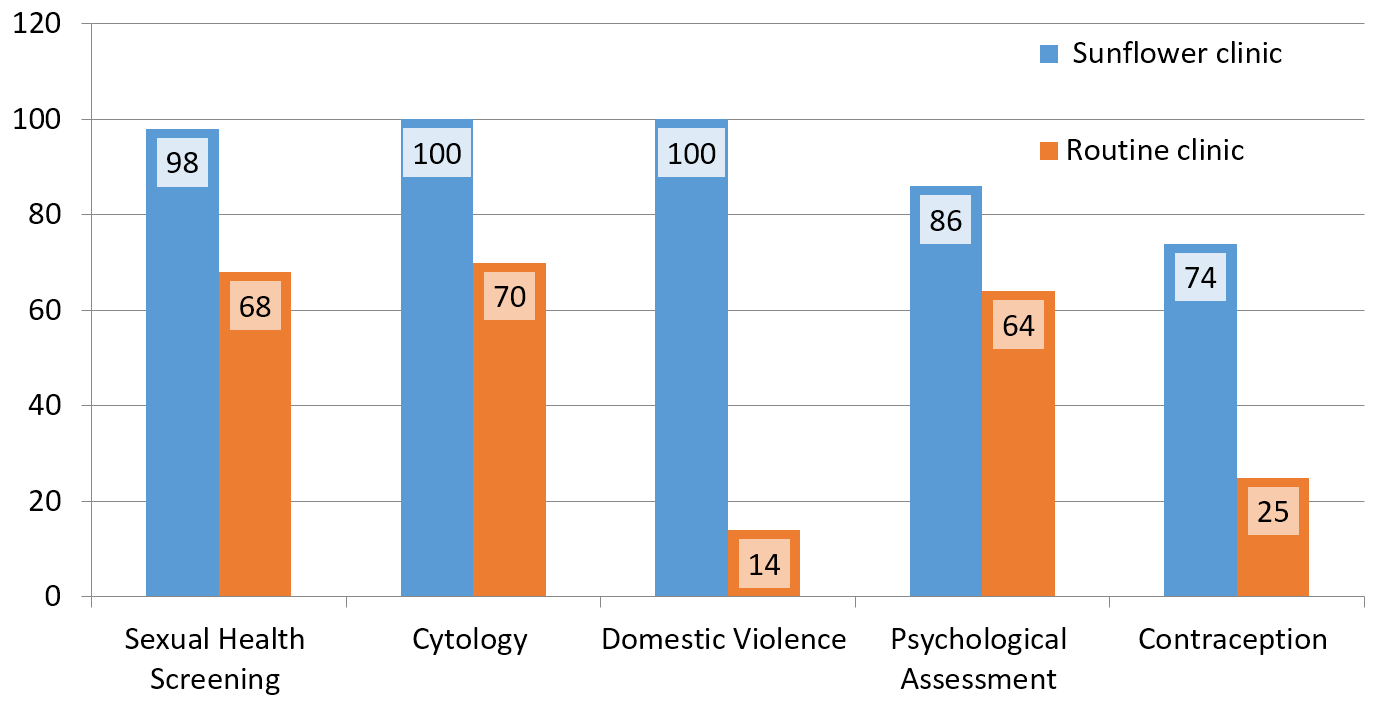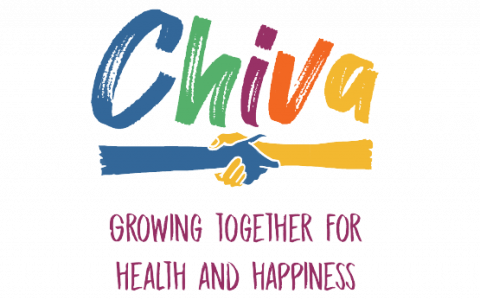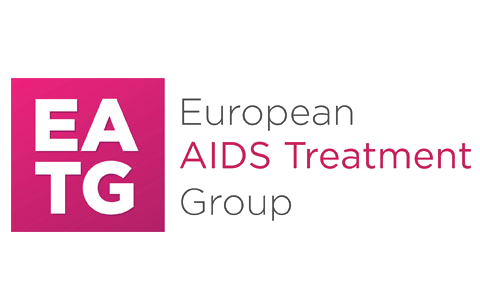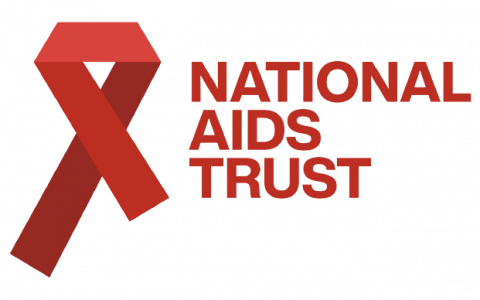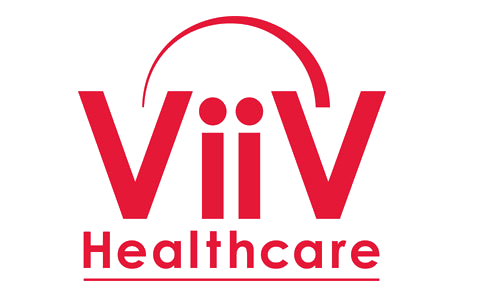
Case Study
UK – Sunflower Clinic: A Model of Care for Women Living with HIV
-
Context
Brighton provides care to 2,500 people living with HIV. While the demographic is perceived to be mostly men who have sex with men of white ethnicity, 15 percent of our cohort are women. Recognising that women have distinctly different needs, which often require them to attend multiple healthcare settings, the Sunflower clinic was set up in 2016.
-
Introduction
Our service design was informed by a survey, which ensured that we were responsive to our users’ needs. One clinic visit provides specialist HIV care, DEXA scanning, cardiovascular risk assessment, sexual health services, contraception, cytology, menopause and conception advice along with domestic violence, social and mental health assessments. The Sunflower team comprises an HIV consultant, a Sexual Reproductive Health doctor, specialist HIV nurses, a Women’s Health Advisor and a Sussex Beacon Women’s worker. Our objective is for every woman to attend Sunflower at least once during their HIV follow-up.
-
Aims
We assessed the efficacy of the Sunflower clinic with respect to certain parameters of HIV care in comparison with our general HIV clinics, where women are also seen.
-
Method
Case notes of 50 women that attended the specialist women service were collected and compared with case notes of 50 women that attended the routine HIV outpatients’ unit clinic. We used Standard 7 from the British HIV Association (BHIVA) Standards for people living with HIV 2018 and the draft BHIVA/British Association for Sexual Health and HIV/ Fertility, Sexual & Reproductive Health Guidelines (2017).
-
Results
We audited Sunflower against the routine HIV clinics in our service and found it to be superior in assessing domestic violence (100 percent vs 14 percent), psychological assessment (86 percent vs 64 percent), cytology (100 percent vs 70 percent), sexual health screening (98 percent vs 68 percent) and contraception (74 percent vs 25 percent).
-
Recommendations
Brighton has a long-standing reputation for providing excellent HIV care. Our Sunflower work and audit show that we are providing woman-focused, specific services in a way that makes us accessible to women that are often from black and ethnic minorities. Routine clinic appointments are too infrequent and rushed to properly assess mental health and social needs. The Sunflower clinic gives women a one-stop shop that includes much-needed mental health and social support as well as assessment of safety. The feedback from the women is that they love our service. We have listened and responded to this feedback from our patients, giving them the time and the safe space to have access to many healthcare workers during a single clinic appointment, as well as empowering them to look after their own health needs. This model could be used by other clinics to better support women living with HIV.

